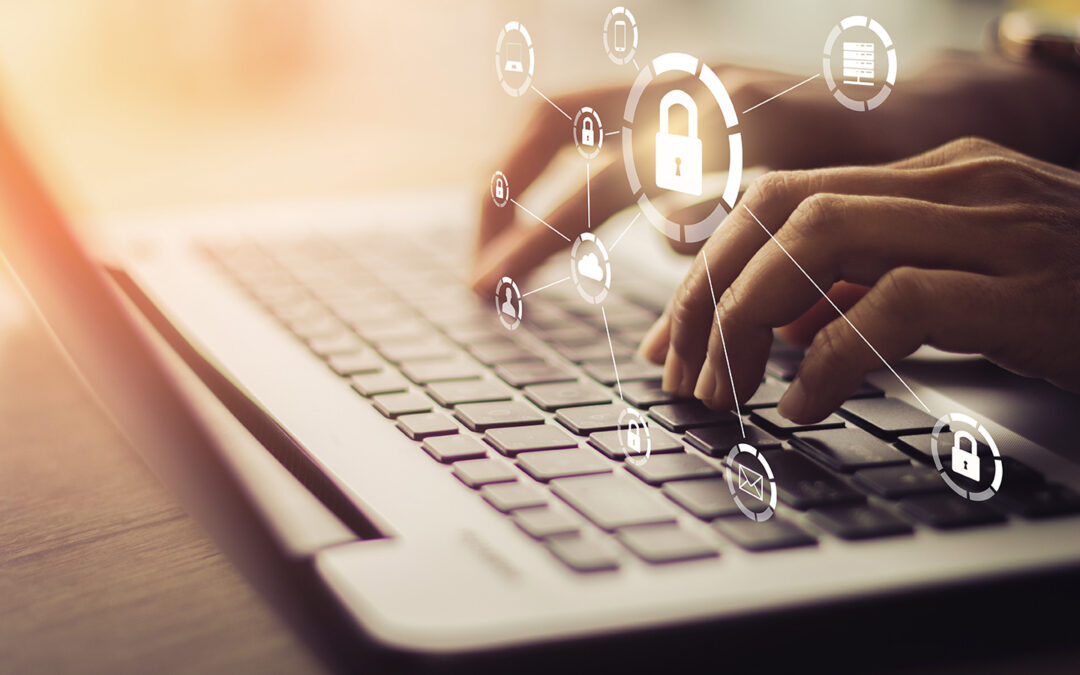Mitchel Chang, Trend Micro Initiative for Education
It has been over a year since the pandemic began and cyber threats have thrived during this period. In April 2020, we witnessed a huge spike of phishing emails and smishing text messages as a starting point of various cyber attacks and scams. Our research data showed spam messages increased by more than 220x during the first month of COVID-19 lockdown.
Scammers often leverage a hot topic as their source of misinformation to lure a targeted audience. For example, the current hot misinformation is on COVID-19 Vaccine related topics.
Misinformation can impact all ages from kids to adults and senior citizens and it may have a lasting and unpredictable impact to our community. Email, social media, and messaging applications are being used in much more nefarious, misleading ways than before to spread misinformation and initiate cyber scams. Based on recent FTC data, one major target demographic for scammers is senior citizens’ retirement savings.
Cybercrime has increased at an unprecedented rate as misinformation and disinformation are continuing in the form of chain messages, deepfakes, as well as phishing via voice, text and email. All of these can cause financial and reputational damage. It should come as no surprise that tech companies are now pivoting focus from surviving the pandemic to providing solutions to these growing cybersecurity challenges.
For both individuals and businesses, we must be able to work and enjoy the internet safely – especially given our increased reliance on digital connectivity in the last year. Our advice is first that users must observe good cybersecurity hygiene. These include:
- Use strong passwords and a password manager
- Enable multi-factor login (authentication) on all accounts that support it (email, banking, online shopping)
- Back-up and protect your sensitive data and personal identifiable information (PII)
- Pay close attention to possible phishing emails, texts and phone calls (think before you click)
- Pay attention to security settings at both the user level and device level. For example, free public WiFi can be spoofed easily.
Please refer to NCSA and Trend Micro internet safety websites for more education and awareness resources.
In addition to good hygiene, we recommend you leverage some of the reputable cybersecurity tools on the market. At the consumer level, most security products are moving to a Software-as-a-Service subscription model (SaaS).
Due to proliferation of mobile devices and recent work-from-home requirements, businesses must provide their employees and customers protection beyond their corporate offices. Cybersecurity vendors are being challenged to move quickly from protecting on premise computing devices only to protecting all the data points from the cloud, data center, to endpoints in the office and home users. Usually, the cyber attacks or scams will start from the weakest link of the cybersecurity ecosystem. Often, tricking the user to click on a fake or socially engineered email with misinformation.
To help users with these challenges, Trend Micro released several new free cloud-based tools to help home and mobile users stay safe from scams and misinformation. According to Trend Micro’s Consumer Director, Brook Stein from San Jose, California, “This is part of giving back from Trend Micro to our communities in helping users enjoy their digital life safely. These free new tools will complement users’ existing Trend Micro or other antivirus products.”
Please take care of your cybersecurity hygiene and ensure you have reputable cybersecurity protections installed. We wish you an enjoyable 2021 internet experience!
Trend Micro Free Tools
 Aiming to empower communities for a safer digital world, Trend Micro has created a family of free tools to help users to better protect their online activities and devices. For example, Trend Micro Check can detect and provide instant feedback on misinformation, fraud, scams, and malicious websites. HouseCall is an award-winning, cloud-based threat detection tool often used when the antivirus tools on your PC or Mac have been compromised by the attackers. Please check out these tools to help you enjoy your digital life safely.
Aiming to empower communities for a safer digital world, Trend Micro has created a family of free tools to help users to better protect their online activities and devices. For example, Trend Micro Check can detect and provide instant feedback on misinformation, fraud, scams, and malicious websites. HouseCall is an award-winning, cloud-based threat detection tool often used when the antivirus tools on your PC or Mac have been compromised by the attackers. Please check out these tools to help you enjoy your digital life safely.
For more free cybersecurity tips for home, start ups, and small businesses, visit our Internet Safety for Home & Small Businesses page.
Mitchel heads Trend’s CSR and the Trend Micro Initiative for Education. He has been with Trend Micro since 2003, serving 11 of these years as Senior Vice President of Global Technical Support. As part of the executive team, he was responsible for all customer support functions developing an internationally recognized award-winning support team. Mitchel bringing his passion to make a safer digital world from decades of industry experience and proven successful leader.
